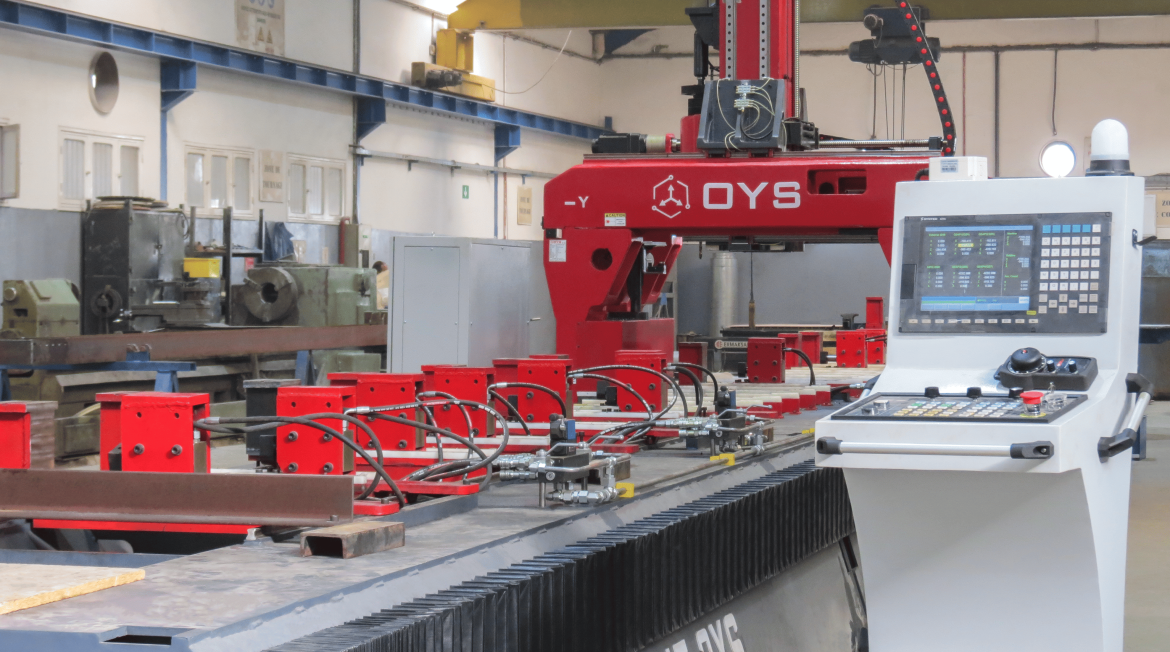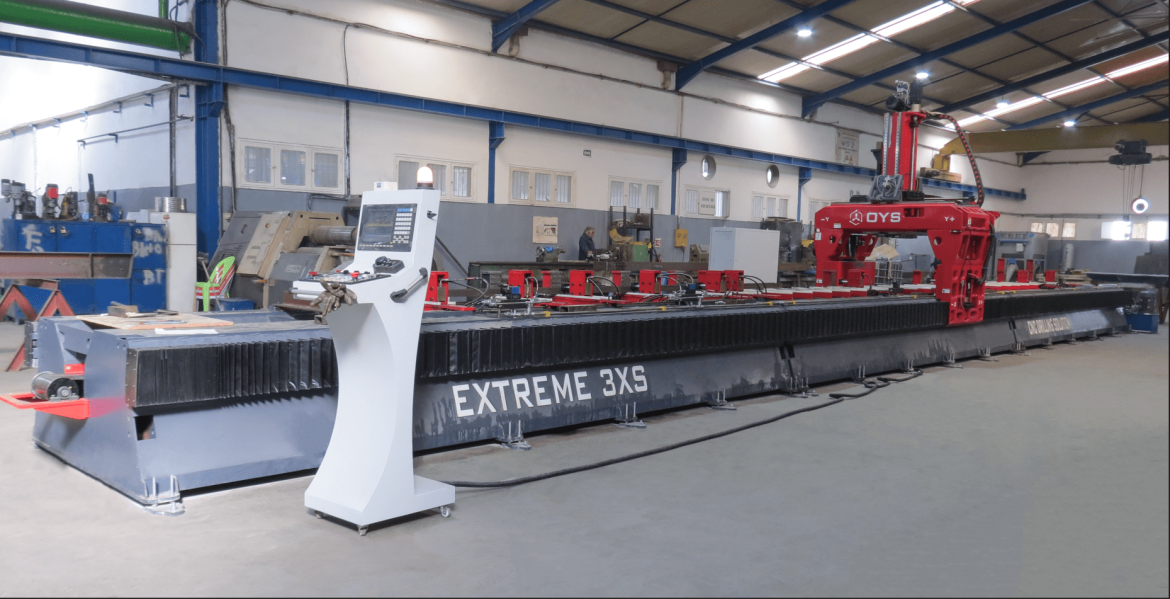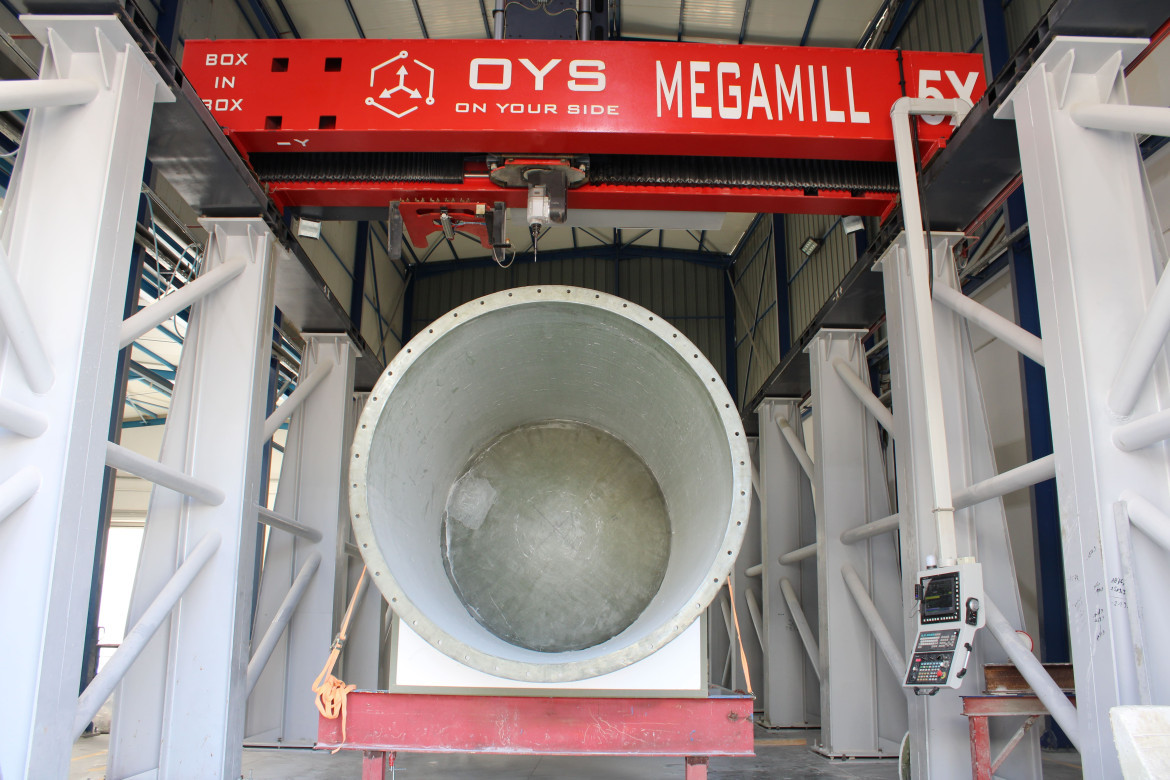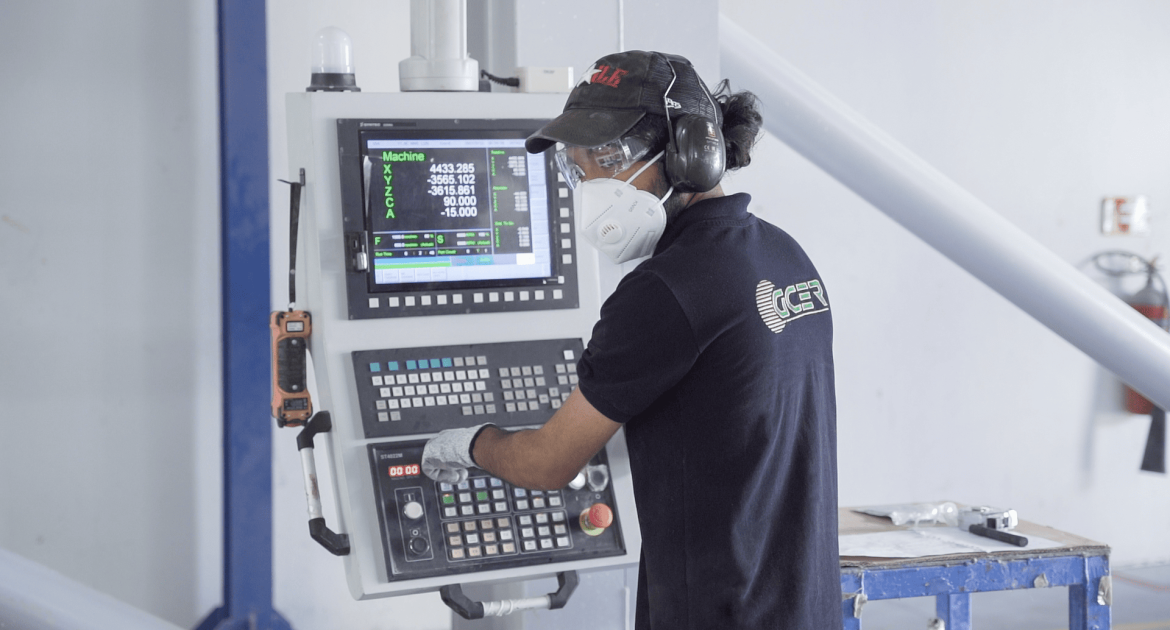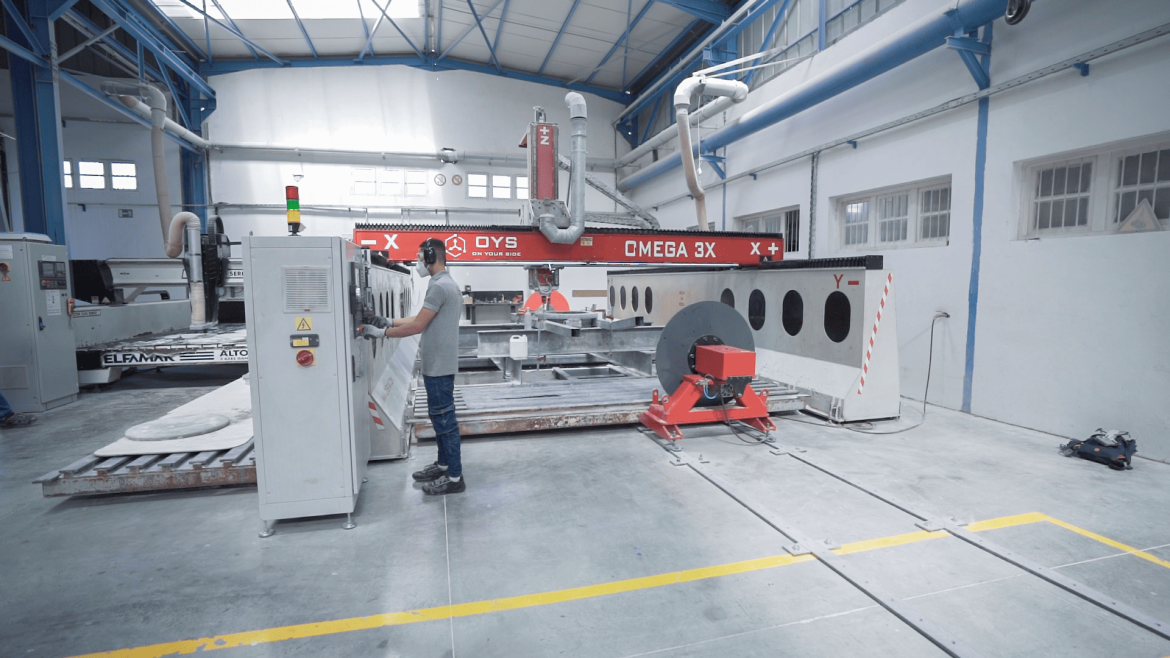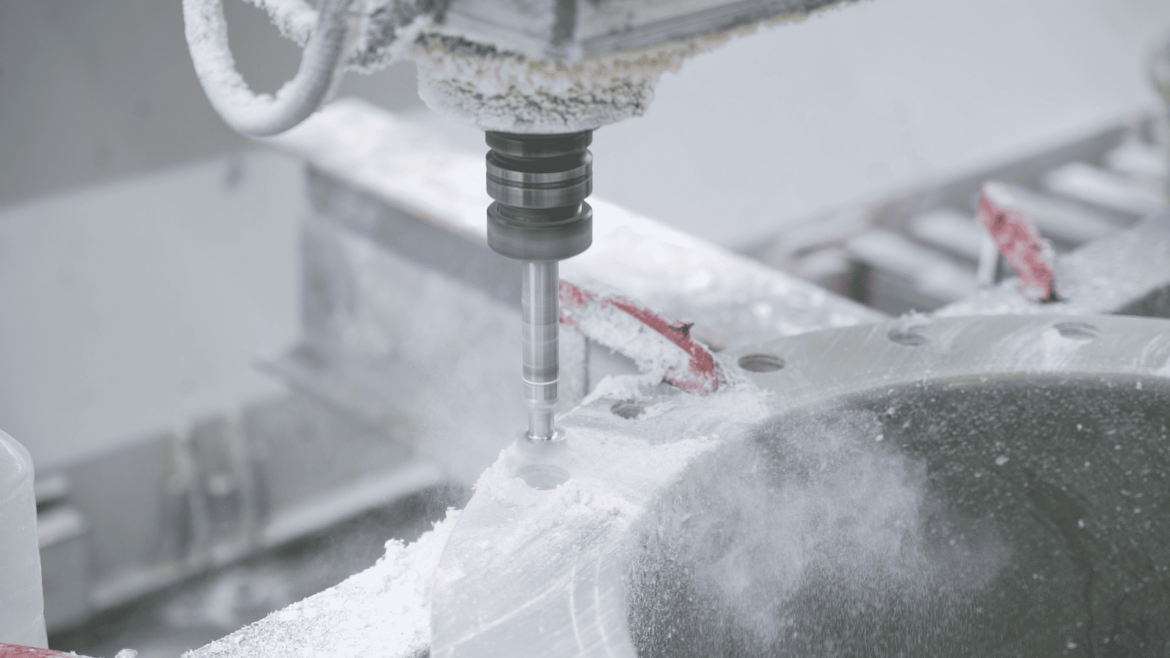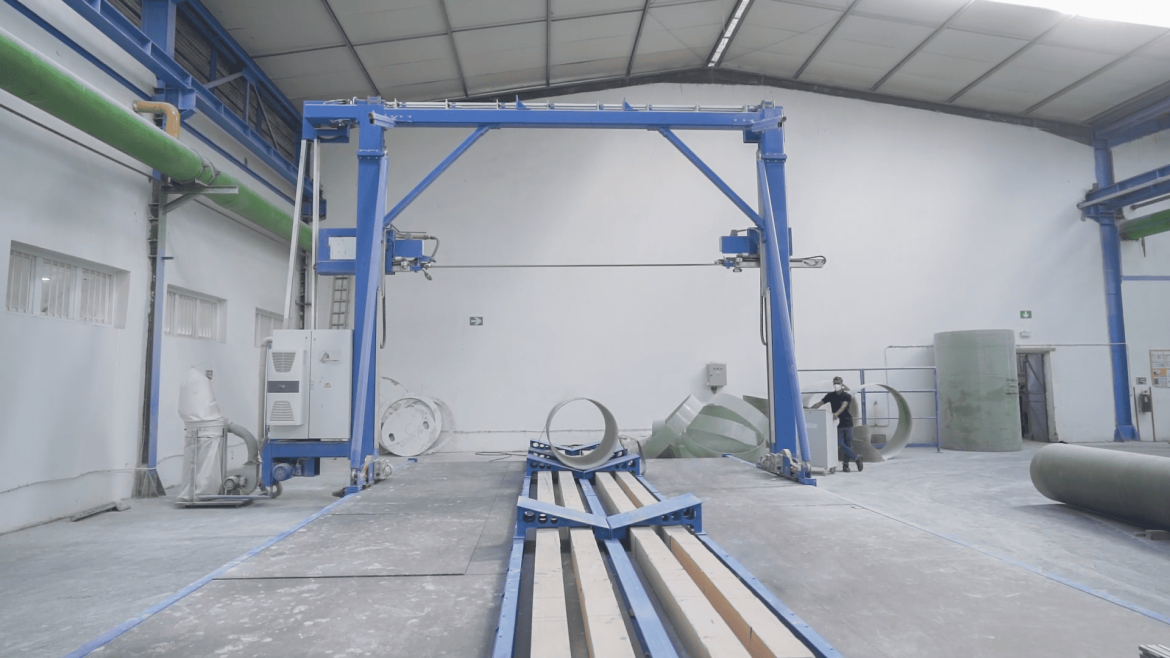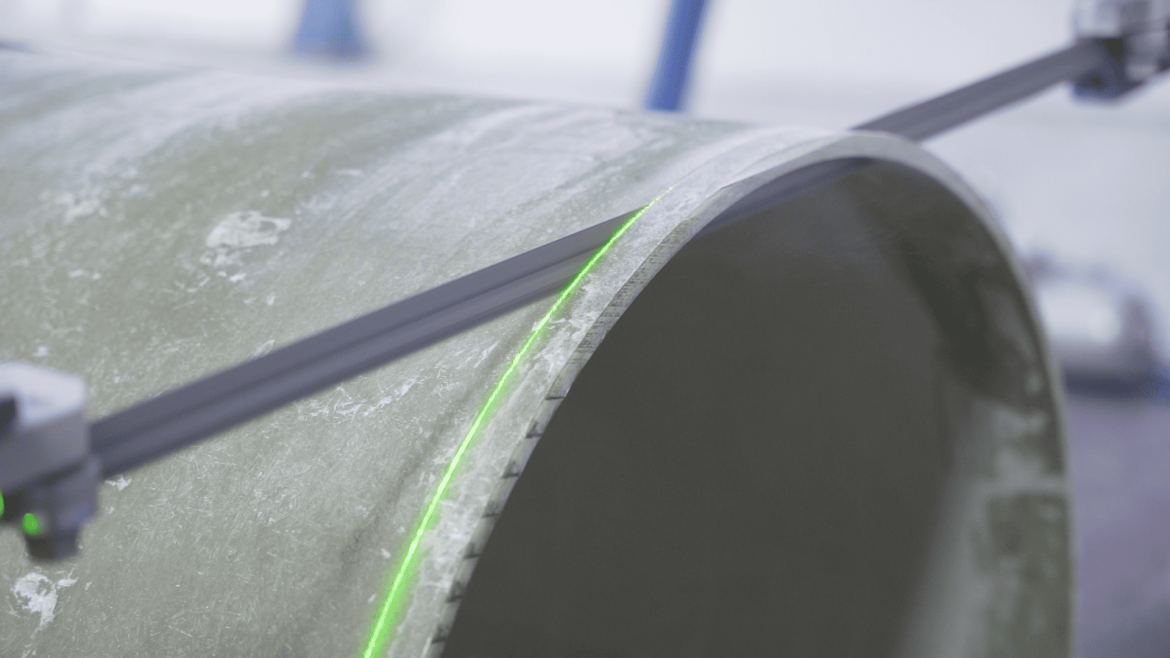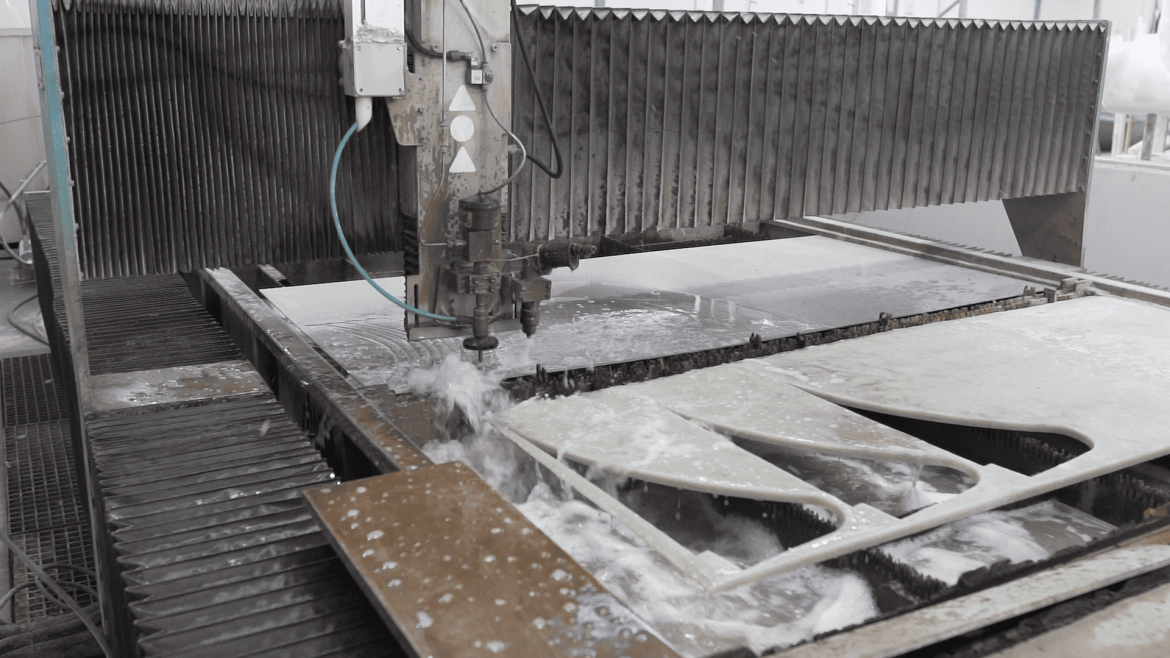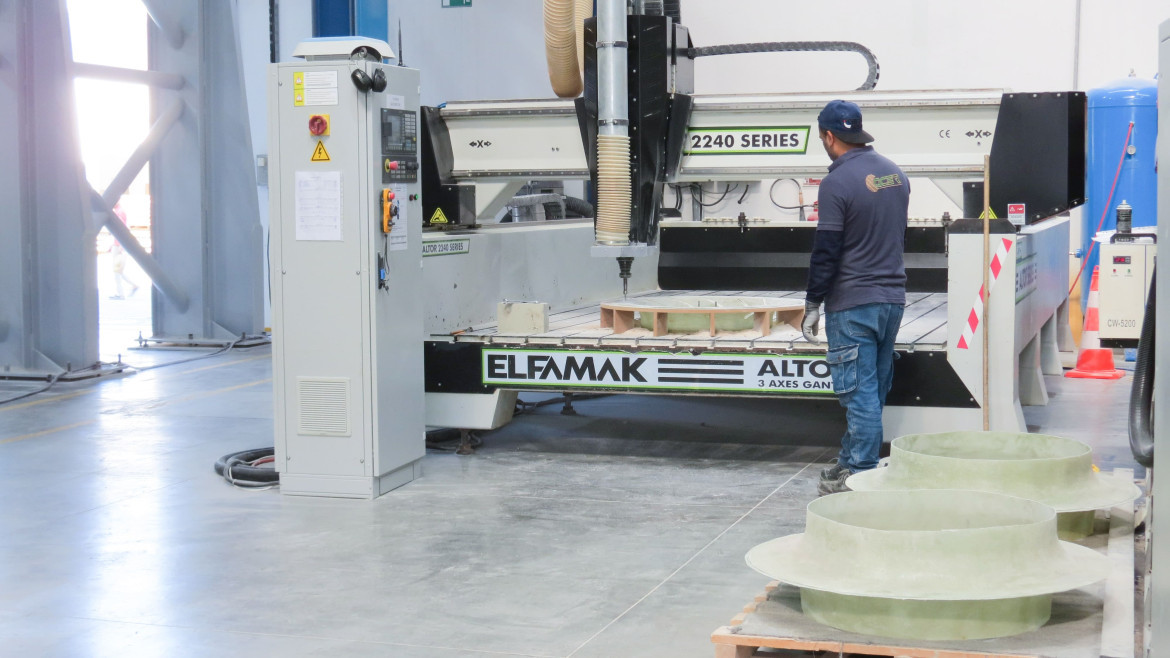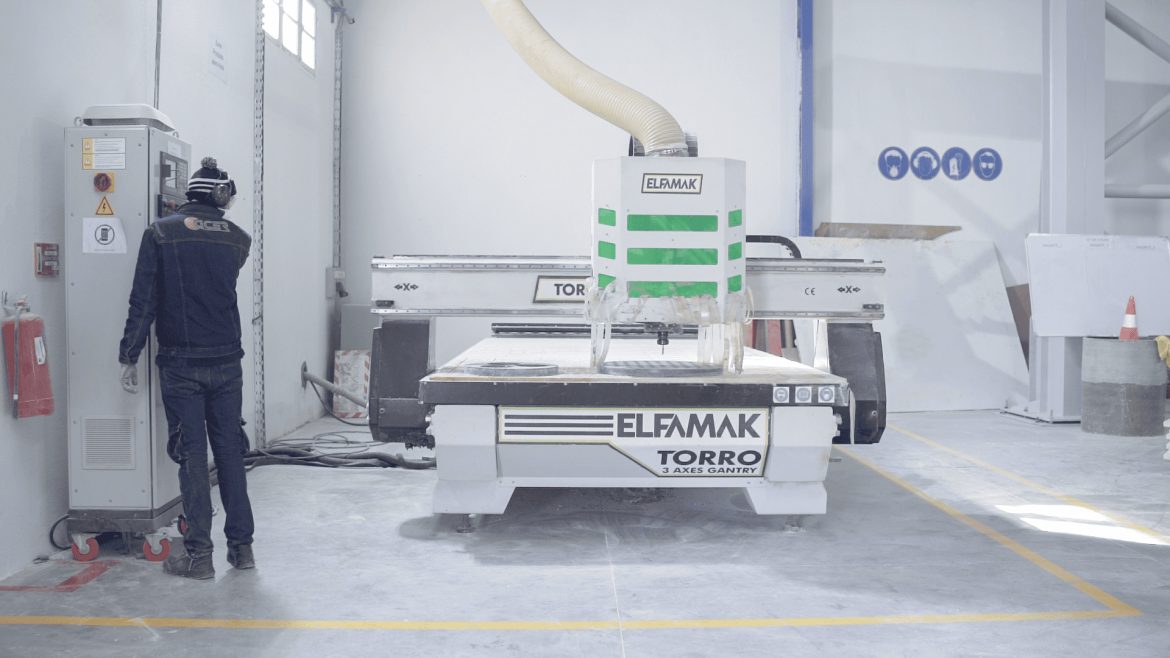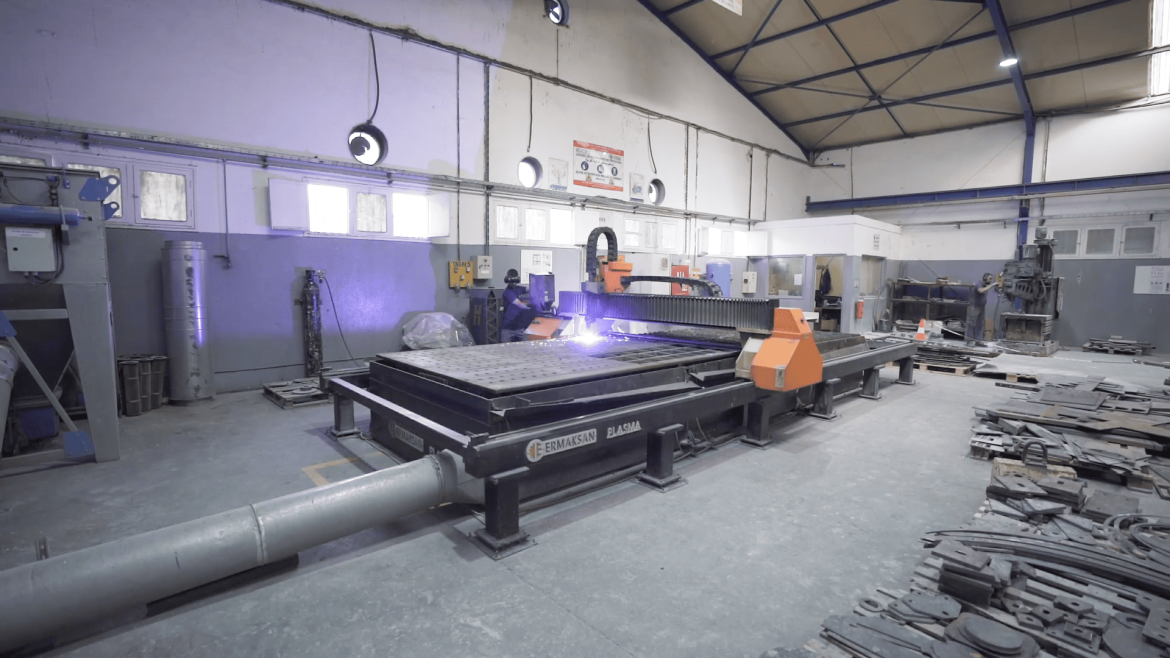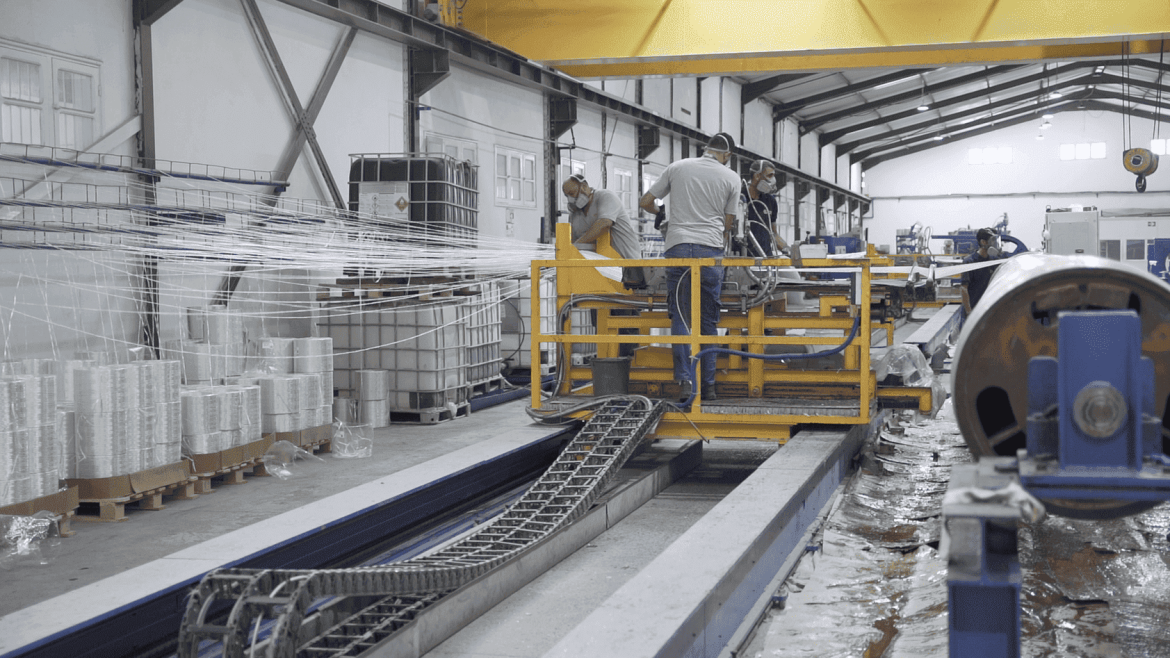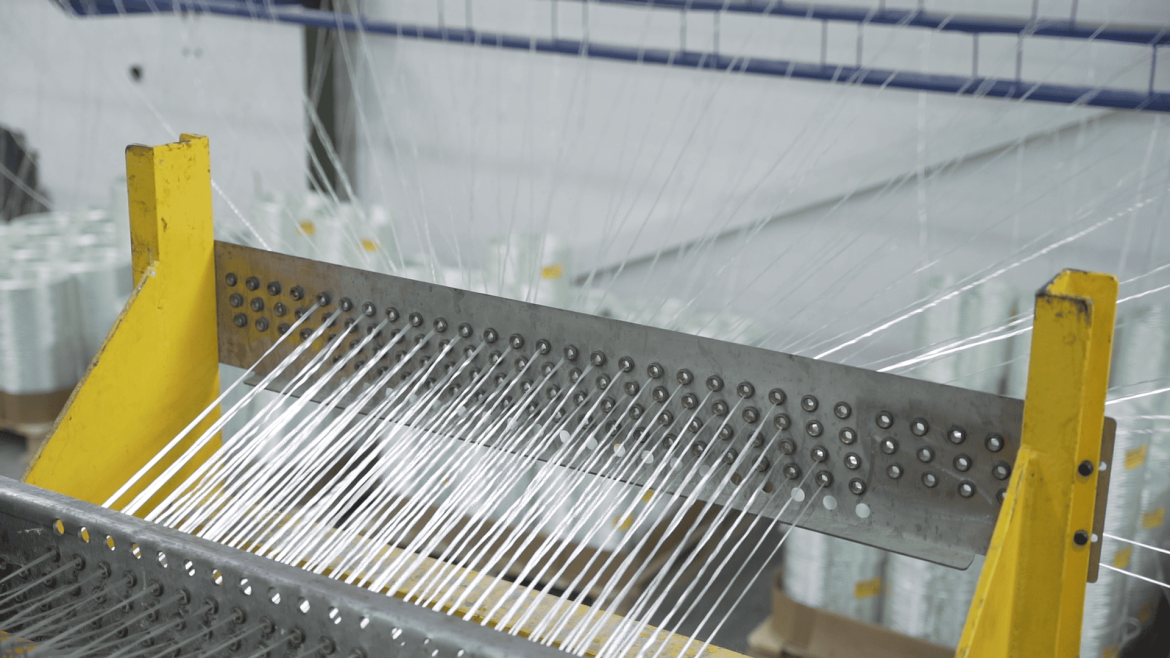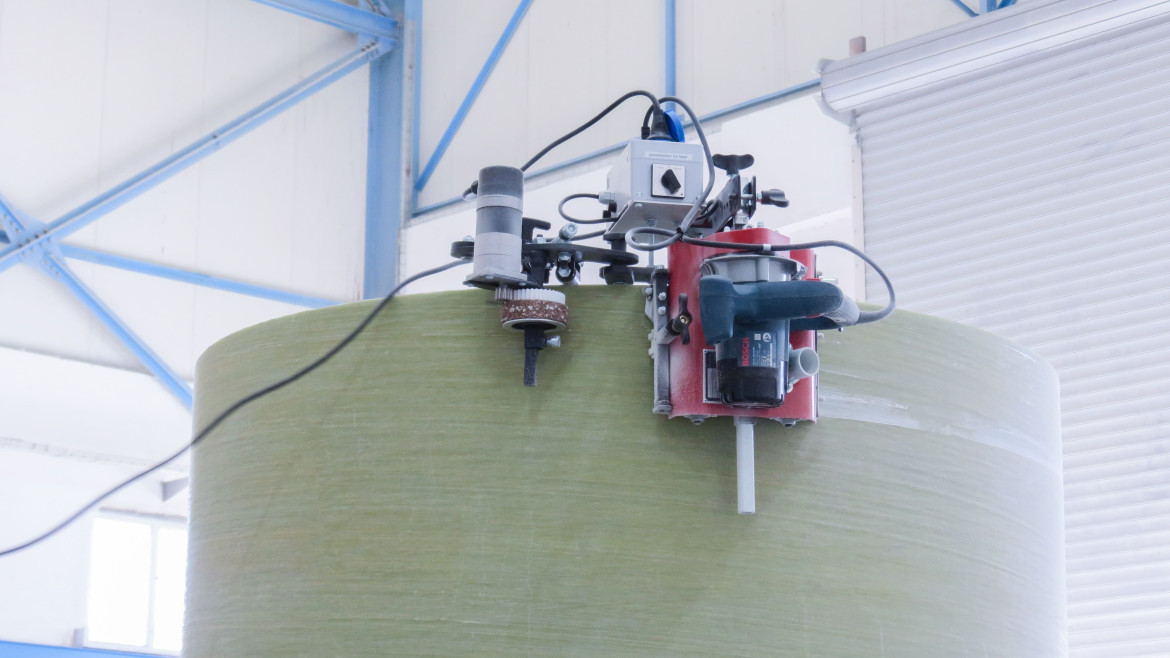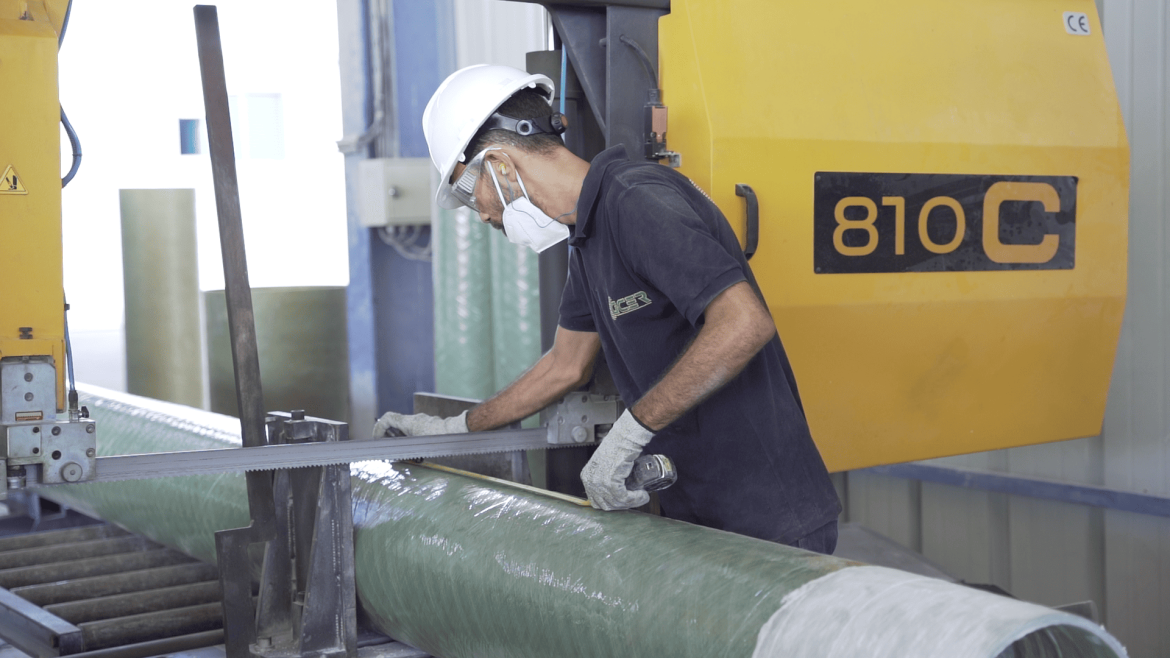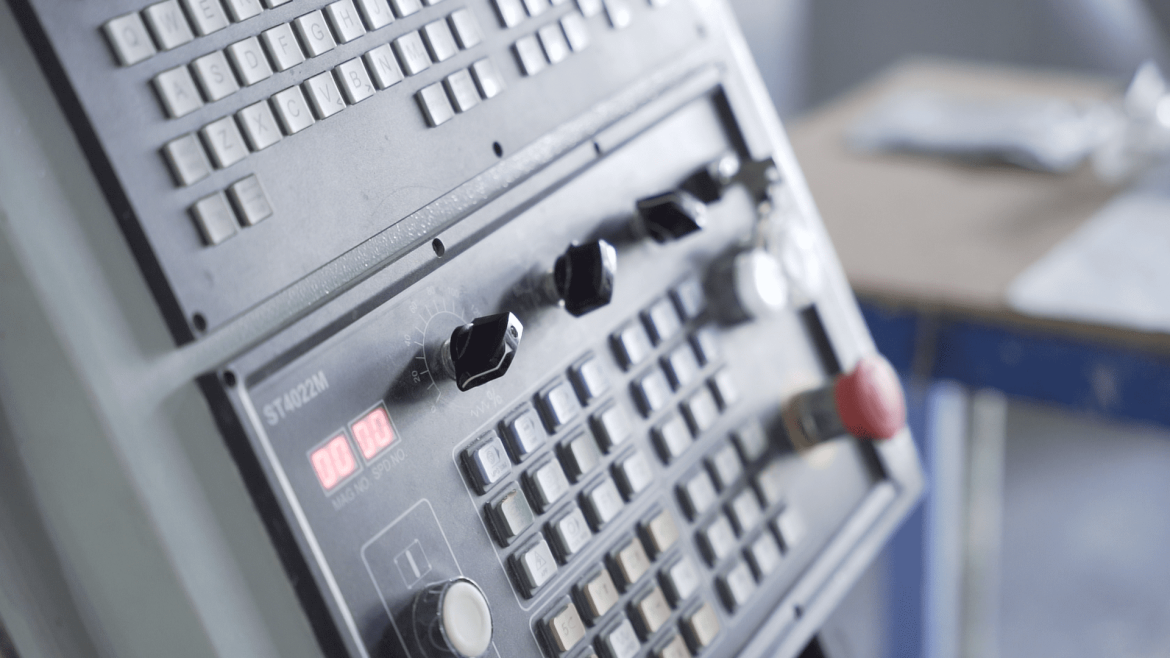
Industry 4.0 : industrial performance and innovation at GCER
Industry 4.0, often described as the fourth industrial revolution, represents a significant step forward for many companies, including GCER. This transition involves the adoption of cutting-edge technologies and the integration of digital systems to create more connected, intelligent and efficient production environments. For GCER, this evolution is not only a strategic necessity, but also an opportunity to position itself as a leader in an increasingly competitive and demanding market.
Process Optimisation at GCER using Data Analysis and Digital Technology
GCER relies on a meticulous approach to data analysis and the integration of digital technology to strengthen its internal processes. This integration strategy enables real-time monitoring of the performance of its equipment and systems. This monitoring not only facilitates the detection and rapid resolution of anomalies, but also makes it possible to predict and prevent breakdowns through a predictive maintenance approach. As a result, the company is able to reduce downtime, optimise operational efficiency and control maintenance costs.
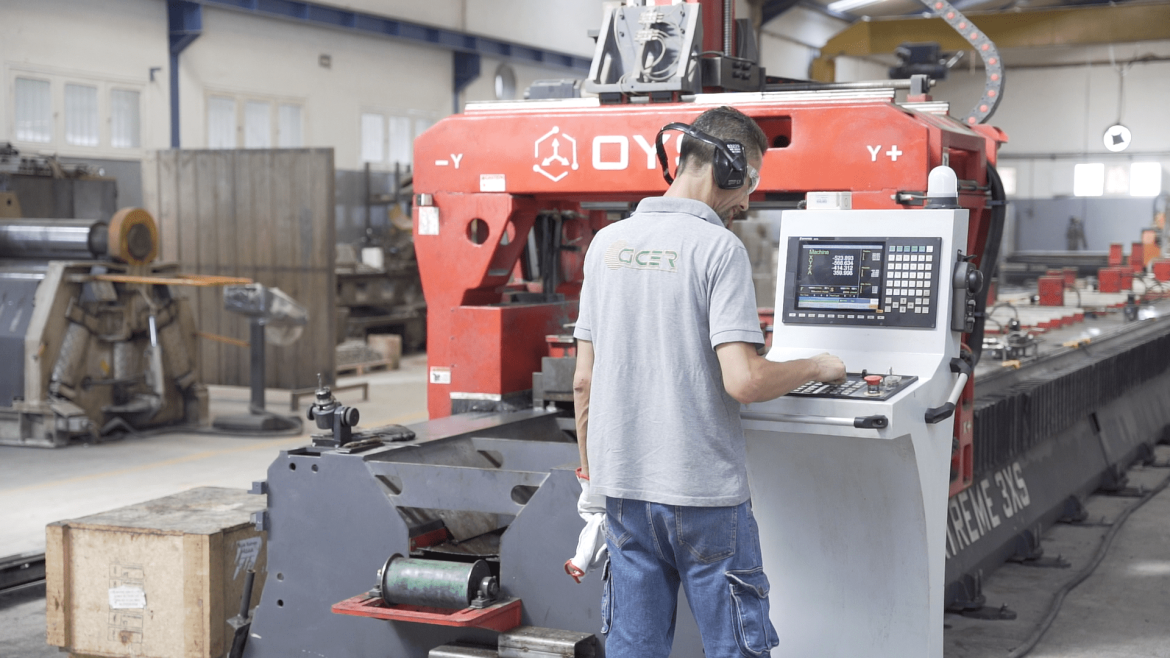
The benefits of Industry 4.0 for GCER
GCER's transition to Industry 4.0 opens the door to a host of benefits :
Process Optimisation through Data Analysis
By integrating data analysis, GCER can identify and eliminate inefficiencies in its operations. Processes can be continuously monitored and adjusted in real time, leading to improved productivity and reduced lead times.
Quality improvement
Numerical technologies enable more accurate and rapid quality control. Automated systems can detect defects earlier in the production process, ensuring better compliance with quality standards and a reduction in defective products.
Cost reduction
By optimising processes and improving quality, GCER can significantly reduce its operating costs. Less waste, fewer returns of faulty products and more efficient use of resources all contribute to substantial savings.
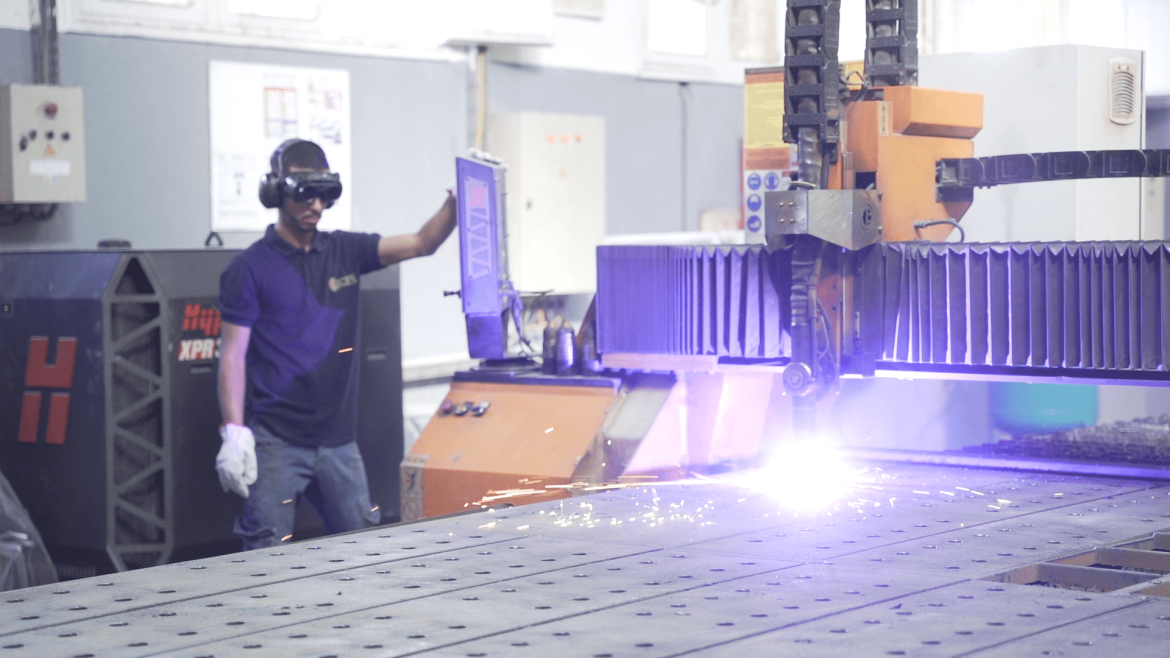
Strengthening market competitiveness
The ability to rapidly adopt new technologies and integrate innovations gives GCER a competitive edge. This enables the company to respond more quickly to market changes and customer demands, consolidating its market position.
New Innovation Opportunities
Industry 4.0 encourages a culture of innovation at GCER. The company can explore new business models, develop more customised products and services, and exploit emerging technologies to create added value.
Customisation of Products and Services
Customer data and digital technologies enable GCER to offer tailor-made products and services that respond precisely to customers' individual needs and preferences. This personalisation enhances customer satisfaction and loyalty.
Increased Customer Engagement
Digital technologies enable richer and more direct interaction with customers at GCER. The company can gather feedback in real time, improve the customer experience and build stronger, longer-lasting relationships with its customers.
Integration of Industry 4.0 in a VUCA Environment by GCER
Investing in digital transformation is essential to thrive in a VUCA (volatile, uncertain, complex and ambiguous) environment. Industry 4.0 provides GCER with the tools it needs to navigate this complex environment. For example, the flexibility and agility of digital production systems enable the company to adapt quickly to market changes and new customer demands.
An Overview of the Digital Machines at the Heart of the GCER
Machinery plays a crucial role in achieving highly automated, precise and adaptable production. The following article looks in detail at each piece of GCER equipment and its impact on the manufacturing process.
Fabric cutting machine
This machine is renowned for its exceptional precision, operational efficiency and integration of advanced technologies. Designed to optimise production, reduce costs and improve the quality of finished products, its adoption by GCER brings multiple benefits that strengthen its competitiveness and performance on the market.
Roll Cutting Machine
The roll slitter is renowned for its precision and reliability. It enables clean, efficient cutting on a variety of materials, facilitating a significant improvement in the efficiency and quality of production processes at GCER. Its adoption strengthens the company's competitiveness by meeting high market standards.
3-axis router and 5-axis router machines
OYS' 3-axis and 5-axis router machines are renowned for their precision and ease of use. They enable the GCER to cut and sculpt various materials with great precision, improving the efficiency and quality of our production.
3-axis router machine
This machine is specially designed for milling and precision cutting of various materials. It is the ideal tool for increasing precision and efficiency in production processes. This enables GCER to produce faster and with less waste, boosting its competitiveness and its ability to meet customer needs.
Plasma cutting machine
This machine offers fast, high-quality cuts on a wide range of materials, meeting strict industrial standards. Thanks to its high productivity and precision, it helps to improve the GCER's operational efficiency while ensuring top-quality results. This machine is essential for boosting competitiveness and responding effectively to the varied needs of customers.
Water jet machine
The use of a high-pressure water jet enables precise cuts to be made on a variety of materials. This capability ensures clean, high-quality cuts that meet stringent industry standards, while improving the efficiency and competitiveness of GCER's manufacturing processes.
Band sawing machine
The bandsaw machine is designed to make fast, accurate cuts on a variety of materials, making it highly versatile to meet different production needs. Thanks to this capability, it effectively improves the efficiency of manufacturing processes at GCER while ensuring consistent quality of finished products, thereby strengthening its competitiveness on the market.
Filament winding machines
GCER manufactures 4 filament winding machines capable of handling diameters ranging from Ø 80 mm to Ø 7000 mm. These machines ensure uniform and efficient production of structural or reinforced composite parts, specifically designed to meet the requirements of our tube and boiler workshop.
Polyfuse 630 and Polyfuse 315 machines
The Polyfuse 630 and Polyfuse 315 machines use an automated fusion welding process to precisely assemble plastic parts. These machines produce strong welds suitable for a wide range of industrial applications, improving the quality and efficiency of products manufactured by GCER.
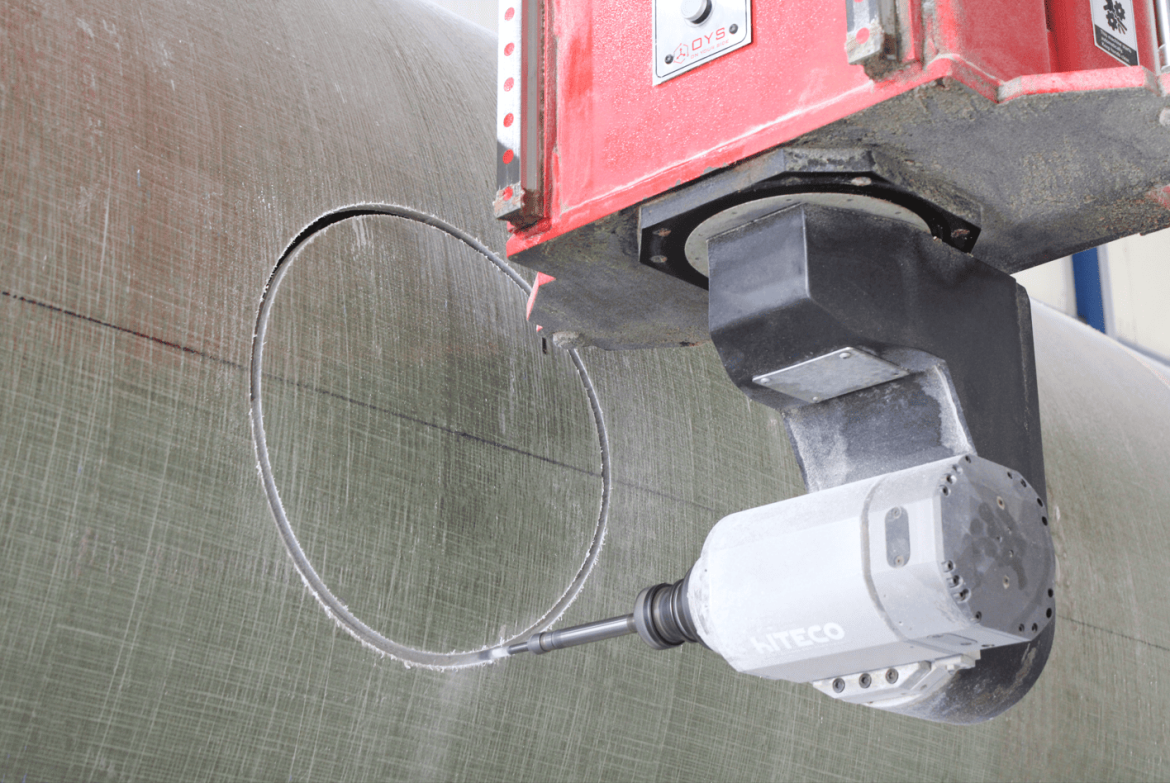
Agile, Customised and Flexible Manufacturing at GCER
The use of CNC machines paves the way for agile, customised and flexible manufacturing. CNC systems allow production lines to be rapidly reconfigured to meet new market demands or specific customer specifications. This enables GCER to produce limited series or customised products without sacrificing efficiency or significantly increasing costs. What's more, this flexibility is a major asset in responding to market fluctuations and changing customer needs.
Respect for the environment and optimum use of resources
Industry 4.0 is not only synonymous with gains in efficiency and competitiveness, it also plays a crucial role in sustainability and respect for the environment. Digital technologies enable more efficient use of resources, reducing waste and energy consumption. GCER is committed to integrating sustainable practices into its production processes, thereby helping to protect the environment and reduce the industry's carbon footprint.

